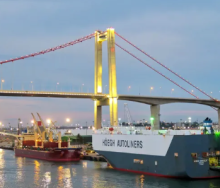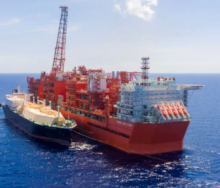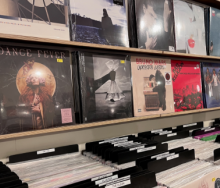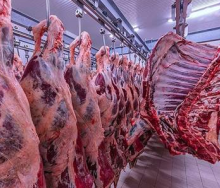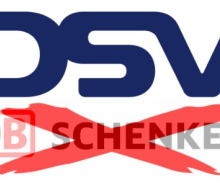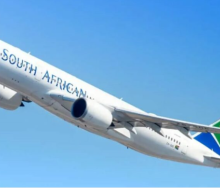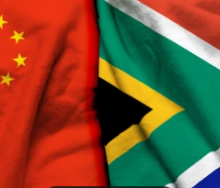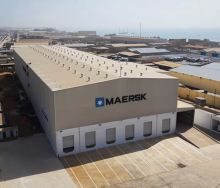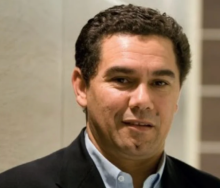The cargo derailment that Transnet Freight Rail (TFR) suffered on Sunday when two coal trains collided near the Port of Richards Bay could not have come at a worse time for efforts by Transnet Port Terminals (TPT) to ramp up commodity exports.
Under new executive management led by Michelle Phillips, a Transnet stalwart and its current acting CEO, the state-owned logistics utility is digging deep to right-size itself after years of State Capture abuse and mismanagement.
One of its commitments is to usher in enduring change at ports like Richards Bay, where slow cargo processing and resulting congestion have impeded throughput levels for years.
Recently, the executive manager for the port, Thulasize Dlamini, said TPT was well on track to improve bulk-line loads after a conveyor belt between Grindrod’s Navitrade tippler facility and the port had been repaired.
In tandem with this, TPT had arranged for off-loading depots near commodity basins, such as Kendal in Mpumalanga, where tipper trucks could offload coal for rail freight down to the port.
Dlamini said TFR’s network for bulk freight to the port was adequate for road-to-rail initiatives.
To this he added that a similar multimodal depot for chrome had been identified near Rustenburg.
In addition to TPT’s aim to remove about 400 tippers from the country’s busy roads, such as the N2 toward Richards Bay, Dlamini said efforts had been increased to improve truck access to the port.
“In the past, chrome trucks were not controlled. But at the beginning of the year, we had a meeting with transporters about our booking system. Every truck now follows that system so that we’re not caught by surprise by the number of vehicles that come into the port.
“We only accept trucks where there are vessels confirmed for receiving their loads.”
Dlamini said one of the issues that led to trucks queuing all the way up to the N2 as hauliers tried to squeeze as many loads into the congested port as possible, prior to the conveyor belt’s finished repair work, was that chrome carriers saw the port as an extension of the mine.
“We don’t want to be that; an extension of the mine where commodities can be dropped. We’re a throughput facility, not a storage facility.”
Dlamini added that access control to the port also included only allowing licensed trucks entry, as in the past, load-carrying trucks without licence discs would arrive at the port.
Curbing informal truck repair on the sidewalks of Richards Bay was another element of the port's current cargo situation that TPT identified as in need of urgent, progressive action.
In the end, it was road-to-rail initiatives that could make the biggest difference, said Dlamini.
But these efforts seem in jeopardy considering the regularity with which trains in South Africa derail, leading to some private-sector sources saying there’s something sinister at play.
It beggars belief for example, how Sunday’s incident was simply chalked up to human error, because of a shift change during which incoming personnel were not informed of a stationary train on the line.
It also seems to be no coincidence that whenever rail loads to the port are well on course, something happens to upend the proverbial cart.
That was the case in October 2021 when the conveyor belt was mysteriously damaged in a fire. Transnet soon thereafter admitted that sabotage seemed to have caused the loss of the crucial facility.
Just over a year later, in November 2022, a bulk freight train near Ulundi also derailed.
Frequent incidents, such as Sunday’s collision near Elubana on the way to Richards Bay, casts a shadow over TFR’s ability to assist TPT in the efforts by Dlamini and other executives to turn Transnet into a successful enabler for private freight concerns and a multibillion-rand logistics earner for South Africa’s fiscus.
That the government of Cyril Ramaphosa has not yet adequately responded to the domestic threat against one of its most import assets is cause for serious concern.

